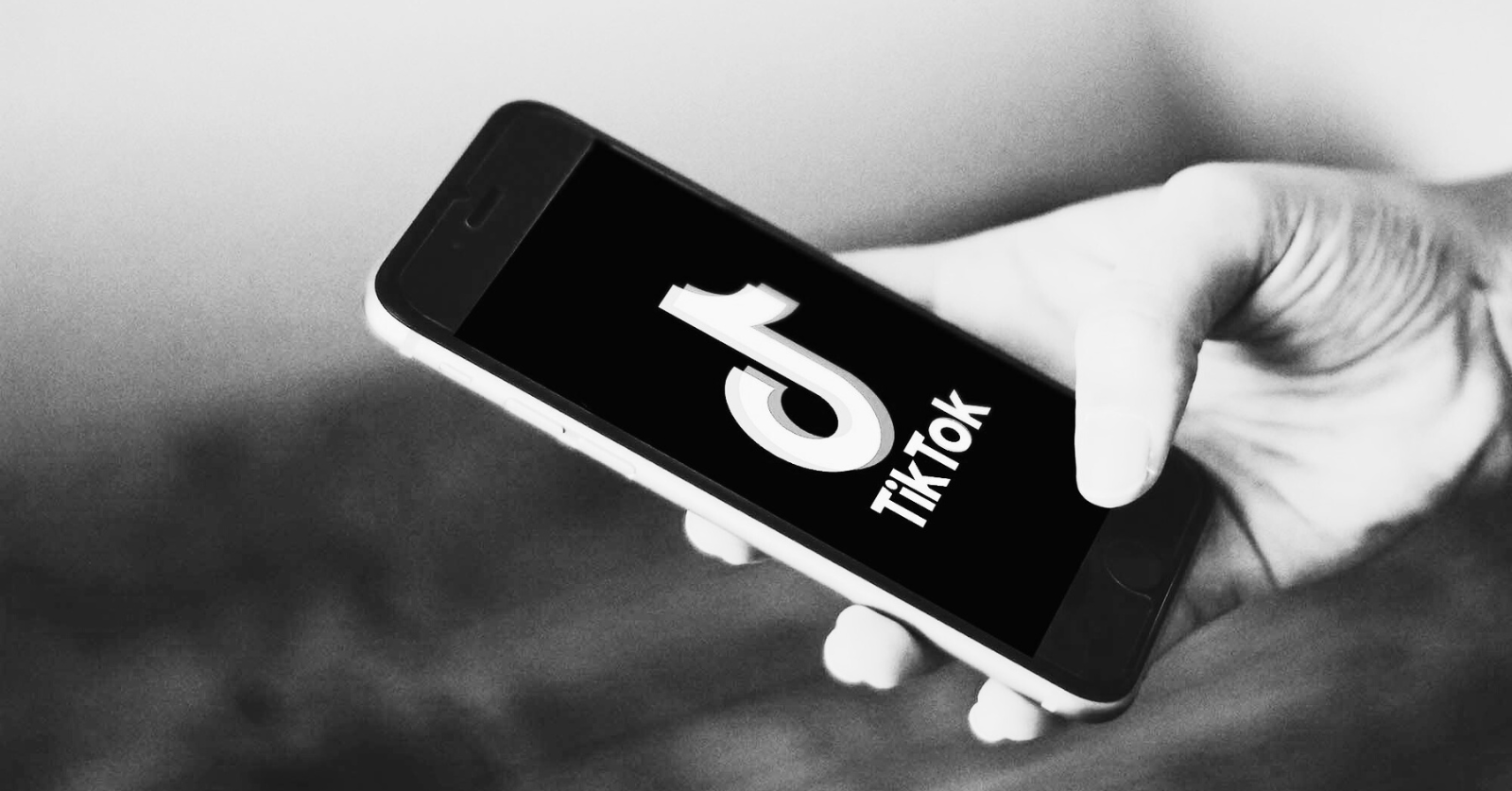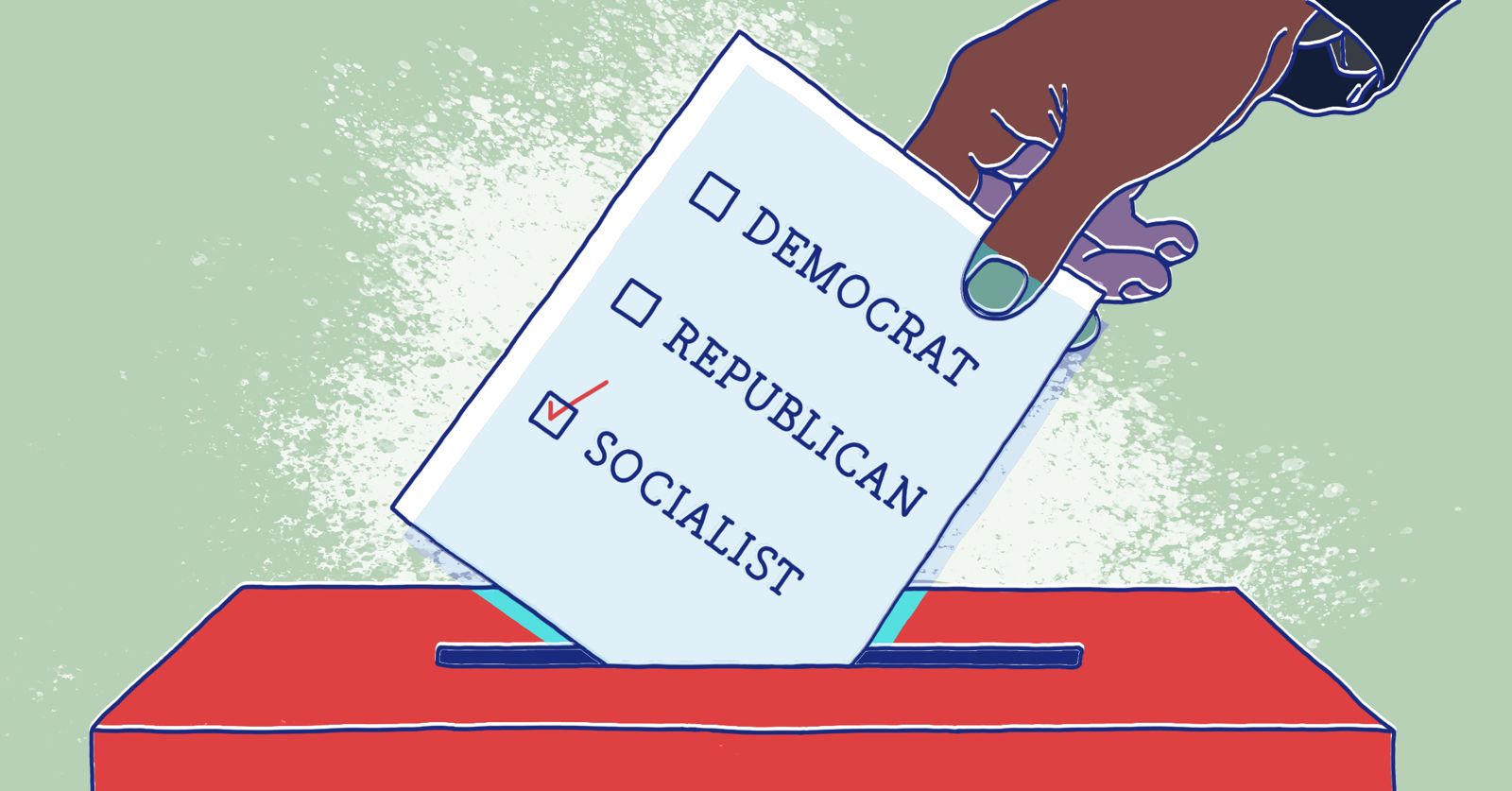Secrets of a Successful Organizer teaches us that while we might think of a workplace as “unorganized,” this actually isn’t true. Just because we aren’t organized in a union doesn’t mean we aren’t already organized, but the form of organization is disorganization. The bosses divide and conquer workers, leaving them isolated and unable to talk to their coworkers at best, and actively working against each other at worst.
We can think of media and culture in the same way.
The capitalist class owns the vast majority of our media. With the rare exception of the occasional Jacobin or Democracy Now!, the capitalists have a monopoly on ideas. It doesn’t have to be that way.
It is easier than ever to produce and spread independent socialist media. Yet we’re seeing a lack of socialist response to the onslaught of conservative, capitalist media that everyday people are constantly subjected to — so much so that they rarely even recognize it’s happening.
Today, socialists’ media output is entirely eclipsed by the organizations that came before us: the Communist Party’s Daily Worker, the Socialist Party’s Appeal to Reason, the Russian Social Democratic Labour Party’s Iskra. These publications thrived, even in times when socialist literature was heavily repressed and pamphlets could take up to two hours each to print by hand.
We have the world at our fingertips and yet we often find ourselves repeating “the internet is not real life.” Sure, the insulated bubbles of DSA members quarreling in the same cyclical Twitter beefs might not be representative of the broader working class that we hope to reach. But when I look through my own TikTok comments, I see a Starbucks worker at a union shop analyzing how the Starbucks boycott led by pro-Palestine activists boosted their efforts to bring Starbucks to the bargaining table. I see a City University of New York student looking to get involved in organizing for a New Deal for CUNY. I see young leftists learning new language to describe a political belief they didn’t even know they held like third campism.
Somehow, an idea has become entrenched in many organizers that what we would broadly categorize as “comms” is secondary to, or even a distraction from, the “real” organizing of door knocking, canvassing, one-on-ones, and the like. We have an idea that materialism means anything relating to ideas, “comms” being one of them, is of lesser importance than “the real world.”
As Nick French wrote in Left Notes,
“[Building socialism] requires moving people to think of themselves as agents of history, as being capable of collectively running the show and empowered to take the initiative to make changes themselves, and then equipping them with the tactics and experiences they’ll draw on to make millions of small and big decisions in the course of struggles. That is — for the many regular people who are demoralized or resigned or otherwise ‘checked out’ — a fundamental change in consciousness.”
Our ideas matter a lot, and some of our ideas are already extremely popular. We should think of our communications content as the connective tissue between the things many working-class people already think with our own vision for socialism and a theory of change for how everyday people can come together to make it happen.
My TikTok followers are 77% women, 34% of them between the ages of 18-24. Although I can’t get any more demographic data beyond that, it feels likely that they are much more diverse both in terms of class and ethnic background than the general DSA membership. It’s an important consideration as we hope to continue to grow our movement and reach new people with a specific goal in mind: not necessarily just to recruit new DSA members, but to change the world.
Part of the unique ability of TikTok to be a communications platform for spreading our politics has to do with the TikTok algorithm, which is distinct from platforms like Twitter and Instagram, where most of our existing communications occur. Twitter and Instagram rely on your following list to show you content from people you follow. Therefore, what you see is mostly consciously and intentionally selected by you and contingent on preexisting social networks.
TikTok’s “For You” page has almost nothing to do with who you follow and a lot more to do with algorithmically determined content based on what you’ve looked at and engaged with previously. In other words, unlike traditional social media platforms, TikTok is uniquely positioned to bring content to new people outside of our existing networks.
That’s exactly what we need to do if we want to make change on a mass scale. Sharing our ideas publicly may not be a one-to-one return, where each view or “like” generates a new DSA cadre. But the immeasurable impact of communications is our ability to shape and challenge the conditions in which we organize. When we speak to a coworker or knock on a door, it’s not a tabula rasa. Our coworkers’ and neighbors’ ideas are always already shaped by the world around them, including and sometimes especially the media they consume through the never-ending barrage of television or social media. They didn’t just fall out of a coconut tree!
What kind of difference would it make if you went to table for the REPAIR Act and the students you spoke to had already heard about it on TikTok? Or if you wanted to talk to a coworker about your upcoming teachers’ union contract negotiations, and she had just watched a video on the Massachusetts teachers’ strikes?
TikTok can’t organize for us. But it can make that job a little bit easier.




